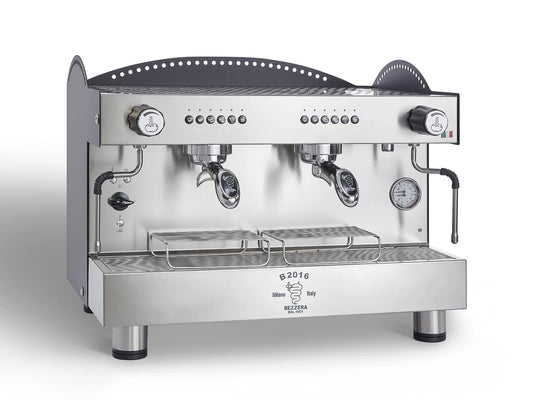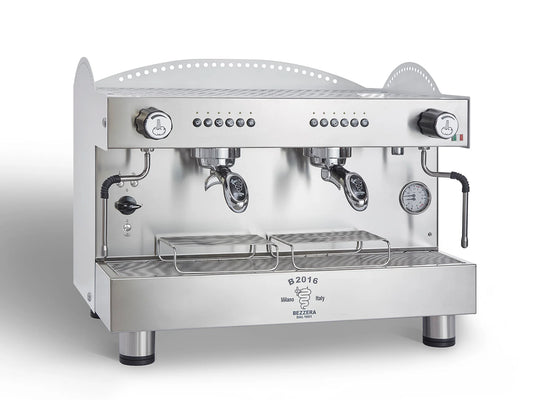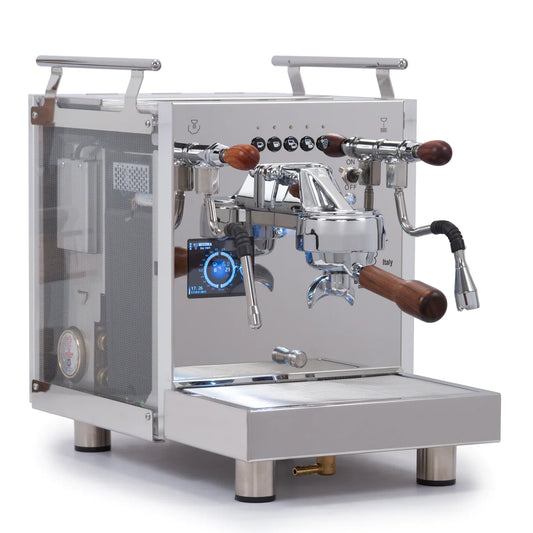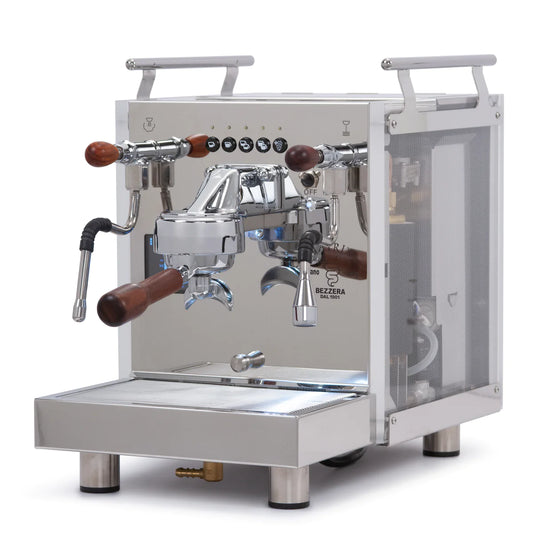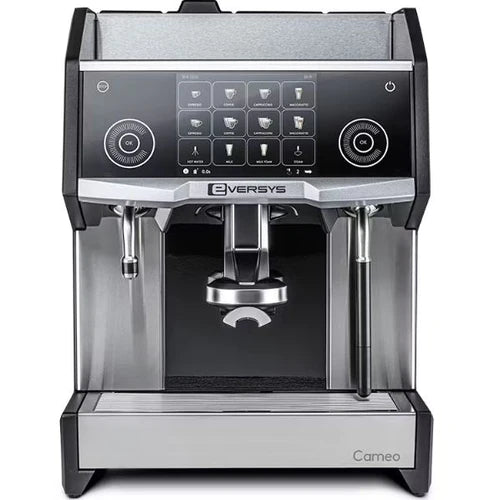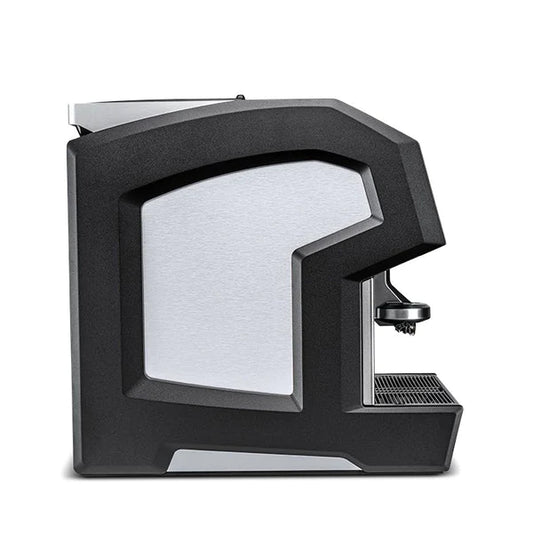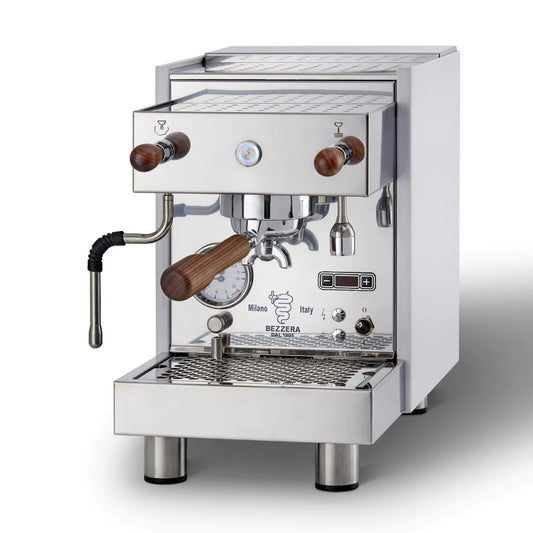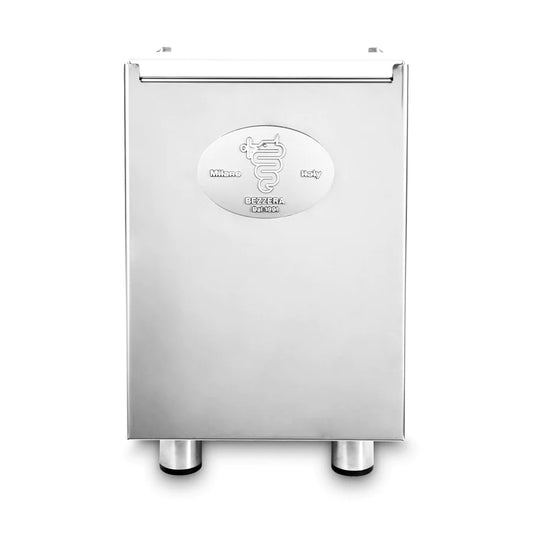Do I Need a Wine Cooler? The Essential Guide to Wine Storage
Table of Contents
- The Importance of Proper Wine Storage
- What is a Wine Cooler?
- Key Benefits of Using a Wine Cooler
- Differences Between a Wine Cooler and a Regular Refrigerator
- Factors to Consider When Choosing a Wine Cooler
- Proper Wine Storage Techniques
- Conclusion and FAQs
When it comes to enjoying wine, few things are as important as proper storage. Picture this: you’ve just purchased a fine bottle of Cabernet Sauvignon, eager to savor its rich flavors. But how you store that bottle can make all the difference between a delightful experience and a disappointing one. Have you ever considered whether you really need a wine cooler? This post will address that question and more as we delve into the world of wine storage, examining why a dedicated wine fridge could be a game changer for any wine enthusiast.
Wine storage is not merely a matter of convenience; it’s fundamental to preserving the integrity and flavor of your collection. With the rise of wine appreciation and the increasing number of wine lovers, understanding the nuances of wine storage has never been more relevant. In this blog post, we’ll explore the essential factors that affect wine quality, the unique benefits of wine coolers compared to regular refrigerators, and what to consider when deciding if a wine cooler is right for you.
By the end of this article, you’ll have a comprehensive understanding of the advantages of investing in a wine fridge and how it can enhance your wine drinking experience. We’ll also provide insights into proper wine storage techniques and address common questions, helping you make an informed decision about your wine storage needs.
What to Expect
In the following sections, we’ll cover:
- The Importance of Proper Wine Storage
- What is a Wine Cooler?
- Key Benefits of Using a Wine Cooler
- Differences Between a Wine Cooler and a Regular Refrigerator
- Factors to Consider When Choosing a Wine Cooler
- Proper Wine Storage Techniques
- Conclusion and FAQs
Let’s embark on this journey and discover why many wine enthusiasts are asking themselves, "Do I need a wine cooler?"
The Importance of Proper Wine Storage
Wine is a complex beverage that evolves over time, influenced by various factors including temperature, humidity, light exposure, and vibration. When stored improperly, even the finest wines can become spoiled, resulting in a less enjoyable experience. For wine lovers, understanding the importance of proper storage is crucial for preserving the quality of their collection.
Temperature Control
One of the most significant factors in wine storage is temperature. Wines should ideally be stored at a consistent temperature between 45°F and 65°F (7°C – 18°C). Fluctuations in temperature can lead to premature aging or spoilage, affecting the wine's flavor and aroma. Wine coolers offer precise temperature control, allowing you to maintain optimal conditions for your collection.
Humidity Levels
Humidity plays an equally important role in wine storage. A humidity level between 60% and 68% is ideal for keeping corks moist and preventing them from drying out. If corks dry out, they can allow air to seep into the bottle, leading to oxidation and spoilage. Wine coolers are designed to maintain the right humidity levels, ensuring your wine remains in perfect condition.
Light Exposure
Light, especially UV light, can negatively impact wine quality. Exposure to light can degrade flavors and aromas, leading to an unpleasant taste. Wine coolers are designed to protect your bottles from light damage, often featuring tinted glass or solid doors to shield your collection.
Vibration Reduction
Wine bottles should be stored in a stable environment, free from vibrations that can disturb the sediment and affect the wine's aging process. Regular refrigerators are often opened and closed frequently, causing vibrations that can harm your wines. Wine coolers, on the other hand, are built to minimize vibrations, providing a calmer storage environment.
Summary
Proper wine storage is essential for maintaining the quality and integrity of your collection. Temperature, humidity, light exposure, and vibration are all factors that can affect wine. A wine cooler offers the ideal solution, providing controlled conditions that enhance your wine’s flavors and aromas.
What is a Wine Cooler?
A wine cooler, also known as a wine fridge, is a specialized appliance designed specifically for storing wine at optimal conditions. Unlike regular refrigerators, which are intended for food storage, wine coolers are engineered to maintain precise temperature and humidity levels ideal for wine preservation.
Types of Wine Coolers
Wine coolers come in a variety of sizes and styles, from compact countertop models to larger freestanding units. Some wine coolers even offer dual temperature zones, allowing you to store both red and white wines at their respective ideal temperatures. This versatility makes them suitable for both casual drinkers and serious collectors.
Features to Look For
When considering a wine cooler, look for features like:
- Temperature control settings
- Humidity control mechanisms
- UV protection
- Vibration dampening technology
- Adjustable shelving for different bottle sizes
These features can significantly enhance your wine storage experience, ensuring that each bottle is kept in optimal conditions.
Summary
A wine cooler is an essential appliance for any wine enthusiast, providing a controlled environment tailored to the unique needs of wine storage. With various styles and features available, finding the right wine cooler can elevate your wine enjoyment.
Key Benefits of Using a Wine Cooler
Investing in a wine cooler comes with several distinct advantages that can enhance your wine experience. Let’s explore some of the key benefits:
Optimized Conditions for Wine Preservation
As discussed earlier, wine coolers maintain the ideal temperature and humidity levels for wine storage. This ensures that your wines age properly and flavors develop as intended, allowing you to enjoy them at their best.
Convenient Access
Wine coolers provide convenient access to your collection, making it easy to select the perfect bottle for any occasion. Many models have sleek designs that can be displayed in your home, serving as both a functional appliance and a stylish storage solution.
Versatility
While wine coolers are primarily designed for wine, they can also accommodate other beverages such as craft beers, soft drinks, and even certain food items like cheeses and chocolates, thanks to their controlled environments.
Preservation of Investment
For those who invest in fine wines, proper storage is crucial to preserving their value. A wine cooler ensures that your collection maintains its quality, protecting your investment in the long term.
Enhanced Wine Experience
Having a dedicated wine cooler allows you to serve your wines at the perfect temperature, enhancing the overall tasting experience. Whether it’s a crisp white or a bold red, serving wine at its ideal temperature can elevate your enjoyment and impress your guests.
Summary
The benefits of using a wine cooler are clear: optimized conditions for preservation, convenient access, versatility in storage, protection of your investment, and an enhanced wine experience. For any wine enthusiast, these advantages make a compelling case for investing in a wine fridge.
Differences Between a Wine Cooler and a Regular Refrigerator
Many people wonder if a regular refrigerator can serve the same purpose as a wine cooler. While both appliances store beverages, there are significant differences that make wine coolers the superior choice for wine storage.
Temperature Regulation
Regular refrigerators are typically set to a cold temperature, around 35°F to 40°F (1.7°C to 4.4°C), which is too cold for most wines. Wine coolers, however, allow you to set a specific temperature tailored to the type of wine you are storing, ensuring optimal conditions for preservation.
Humidity Control
Regular fridges tend to have low humidity levels, which can dry out corks and compromise the quality of wine. Wine coolers maintain the necessary humidity levels to keep corks moist and prevent oxidation.
Vibration Levels
Every time you open and close a regular refrigerator, vibrations occur, which can disturb the sediment in wine bottles. Wine coolers are designed to minimize vibrations, providing a stable environment that is ideal for aging wines.
Light Protection
Regular refrigerators often have bright interior lights that can expose wine to harmful UV rays. Wine coolers are typically made with tinted glass or solid doors that protect your wine from light damage.
Storage Capacity and Design
While regular refrigerators prioritize food storage, wine coolers are designed specifically for wine bottles, featuring shelves that cradle the bottles and maximize space for optimal storage. This means you can store more wine in an organized manner, making it easier to manage your collection.
Summary
The differences between a wine cooler and a regular refrigerator are significant. Wine coolers provide optimal temperature regulation, humidity control, reduced vibrations, light protection, and specialized storage design, making them the best choice for wine enthusiasts.
Factors to Consider When Choosing a Wine Cooler
When deciding whether to invest in a wine cooler, there are several factors to consider. Choosing the right wine fridge can make a significant difference in how you store and enjoy your collection. Here are some key considerations:
Size and Capacity
Consider how much wine you plan to store. Wine coolers come in various sizes, so it’s essential to choose one that fits your needs. If you’re a casual drinker, a smaller model may suffice, but serious collectors may require larger units.
Temperature Zones
If you enjoy both red and white wines, look for a wine cooler with dual temperature zones. This feature allows you to store different types of wine at their ideal serving temperatures, ensuring that each bottle is ready to enjoy.
Design and Aesthetics
Wine coolers are available in a range of designs, from freestanding units to built-in models. Consider the space where you plan to place the cooler and choose a design that complements your home decor.
Energy Efficiency
Like any appliance, energy efficiency is important. Look for models that are Energy Star rated, as they consume less energy and can save you money on utility bills over time.
Price and Warranty
Wine coolers come at various price points, so set a budget before shopping. Additionally, check the warranty offered by the manufacturer to protect your investment.
Summary
When choosing a wine cooler, consider factors such as size and capacity, temperature zones, design, energy efficiency, price, and warranty. Taking these factors into account will help you find the perfect wine fridge for your needs.
Proper Wine Storage Techniques
Investing in a wine cooler is just the first step; knowing how to store your wine properly is equally important. Here are some essential tips for storing wine effectively:
Store at the Right Temperature
As mentioned earlier, maintaining a consistent temperature between 45°F and 65°F is crucial. Use your wine cooler's temperature settings to ensure that your collection is stored at the ideal conditions.
Maintain Humidity Levels
Aim for humidity levels between 60% and 68% to keep corks moist. If your wine cooler has a humidity control feature, use it to maintain optimal levels.
Keep Wine Away from Light
Store your wine in a dark environment within the cooler. If your cooler has a glass door, ensure it is tinted or positioned away from direct light sources.
Store Bottles Horizontally
Storing wine bottles horizontally keeps the cork in contact with the wine, preventing it from drying out. However, screw-top bottles can be stored upright.
Organize Your Collection
When storing multiple bottles, organize them by type or vintage to make it easier to find what you’re looking for. Labeling shelves can also help keep your collection organized.
Summary
Proper wine storage techniques are essential for maintaining the quality of your collection. By storing at the right temperature, maintaining humidity levels, keeping wine away from light, storing bottles horizontally, and organizing your collection, you can ensure that your wines age gracefully.
Conclusion and FAQs
So, do you need a wine cooler? If you value your wine collection and want to ensure that it is stored under optimal conditions, the answer is a resounding yes. Investing in a wine cooler provides numerous benefits, from maintaining the ideal temperature and humidity levels to enhancing your overall wine experience.
FAQs
1. What temperature should I store my wine at?
Most wines are best stored between 45°F and 65°F (7°C – 18°C). Red wines typically prefer slightly warmer temperatures, while whites are best served cooler.
2. How long can I store opened wine?
Opened red wines can last 3-5 days if stored properly, while whites and rosés generally last 2-3 days. Fortified wines can last longer, up to a few weeks.
3. Can I use a regular refrigerator for wine storage?
While you can store wine in a regular refrigerator, it is not ideal due to temperature fluctuations, low humidity, and vibrations. A wine cooler is the better option for preserving wine quality.
4. How do I maintain humidity levels in my wine cooler?
Many wine coolers come with built-in humidity control features. If yours does not, you can place a small dish of water inside the cooler to help maintain humidity.
5. Can I store other beverages in a wine cooler?
Absolutely! Wine coolers are versatile and can store various beverages, including craft beers, sodas, and even certain foods like cheeses and chocolates.
By understanding the importance of proper wine storage and the benefits of a wine cooler, you can confidently enhance your wine experience. Investing in a wine fridge not only preserves the quality of your collection but also elevates your enjoyment of every bottle. So, as you ponder the question, "Do I need a wine cooler?" remember that the right storage solution can make all the difference in your wine journey.

